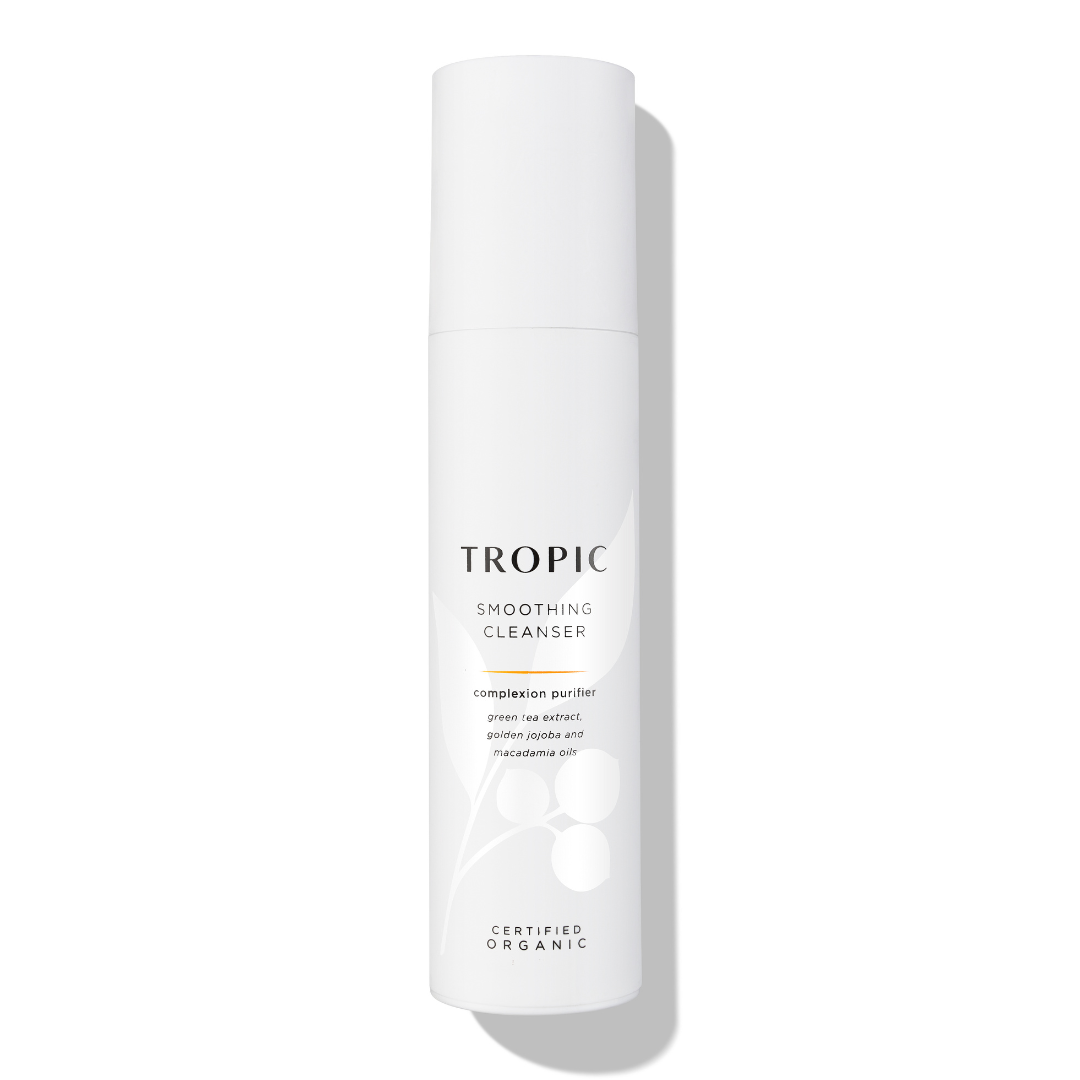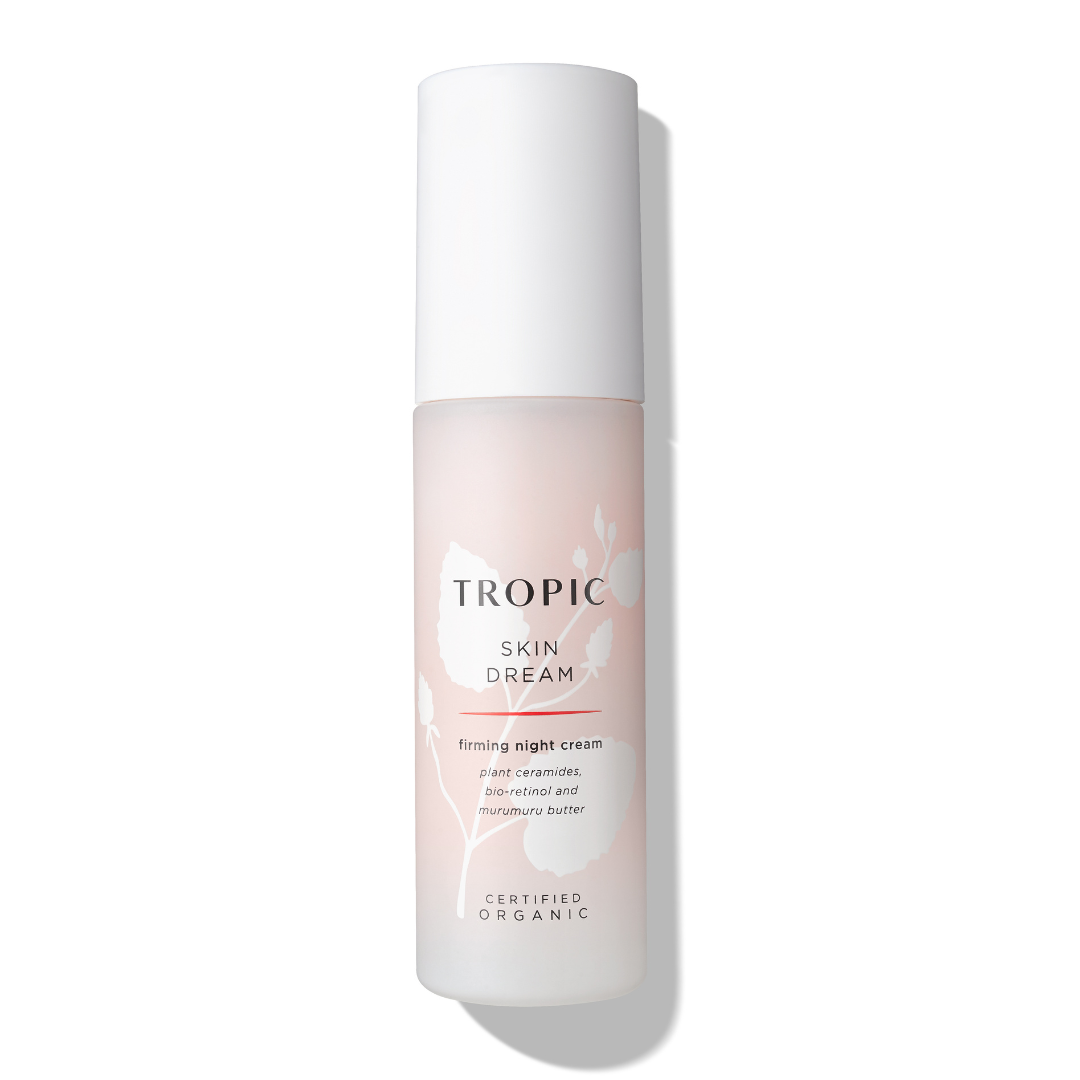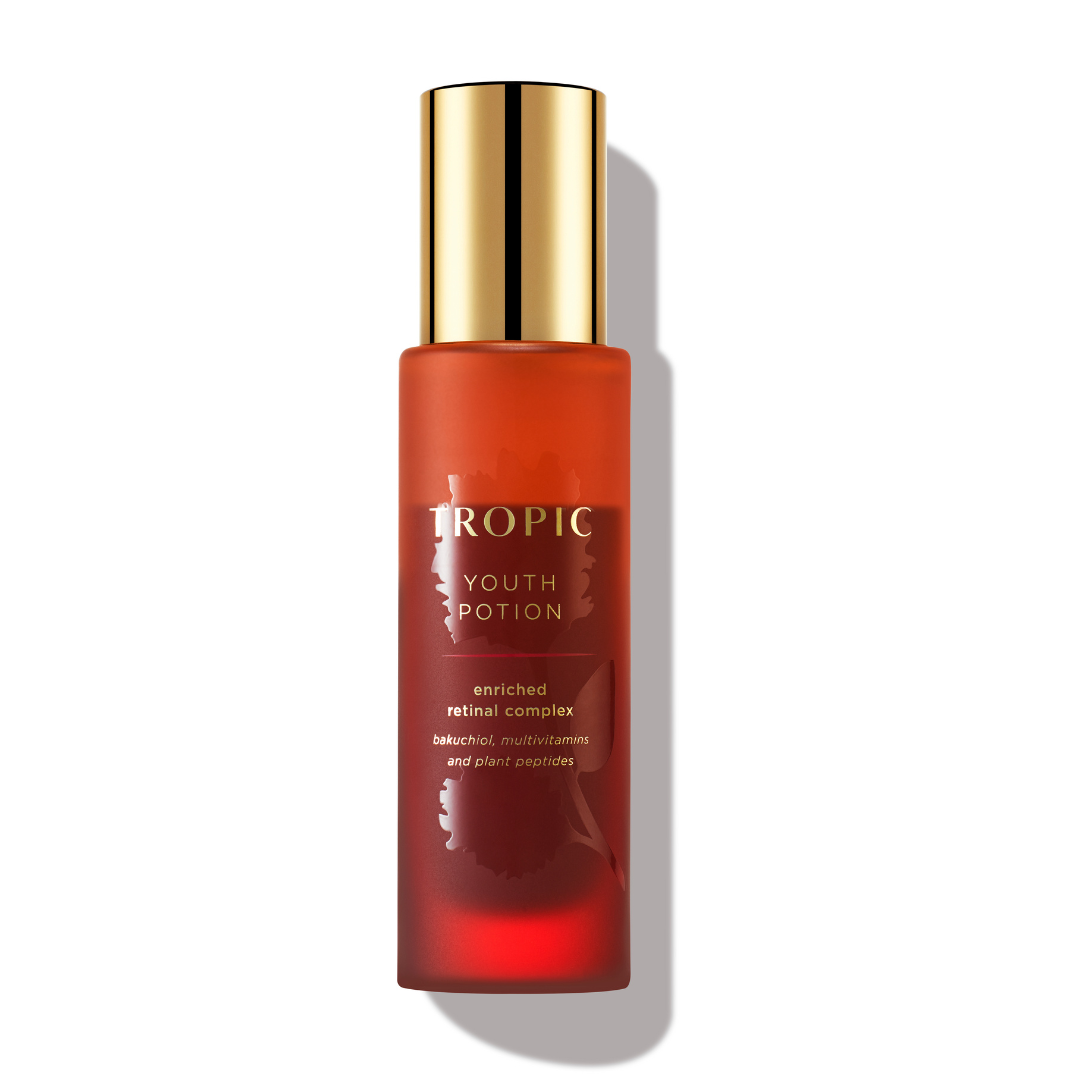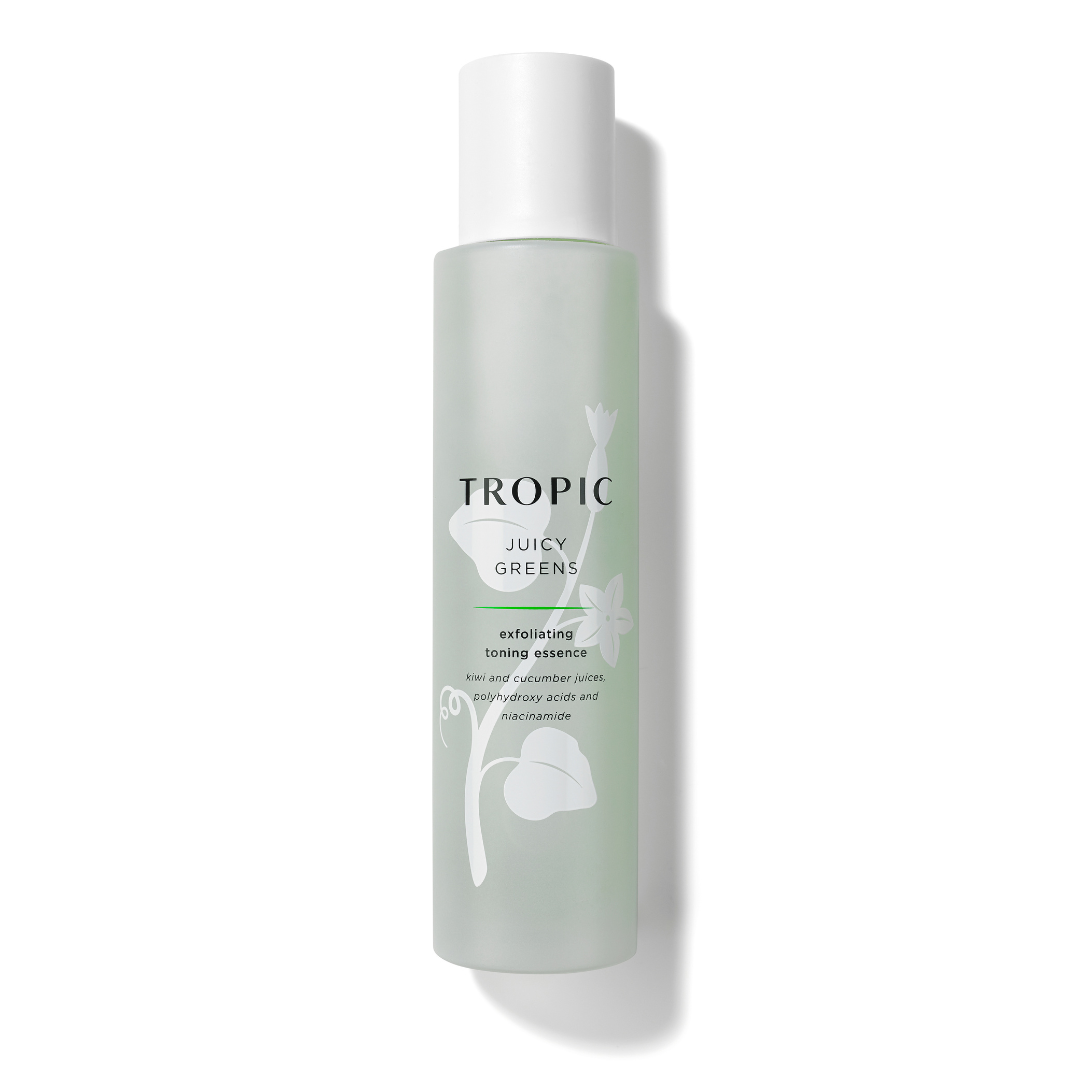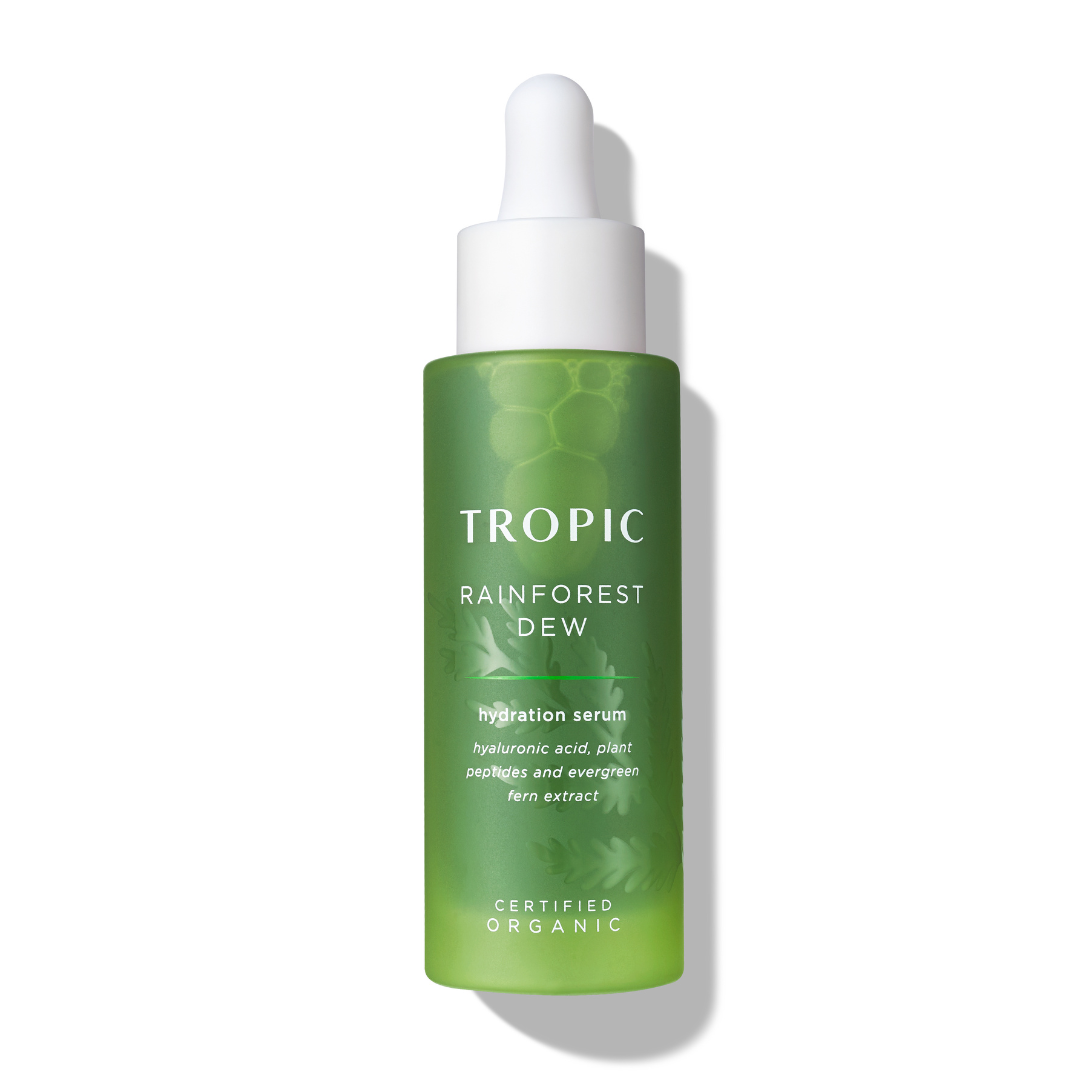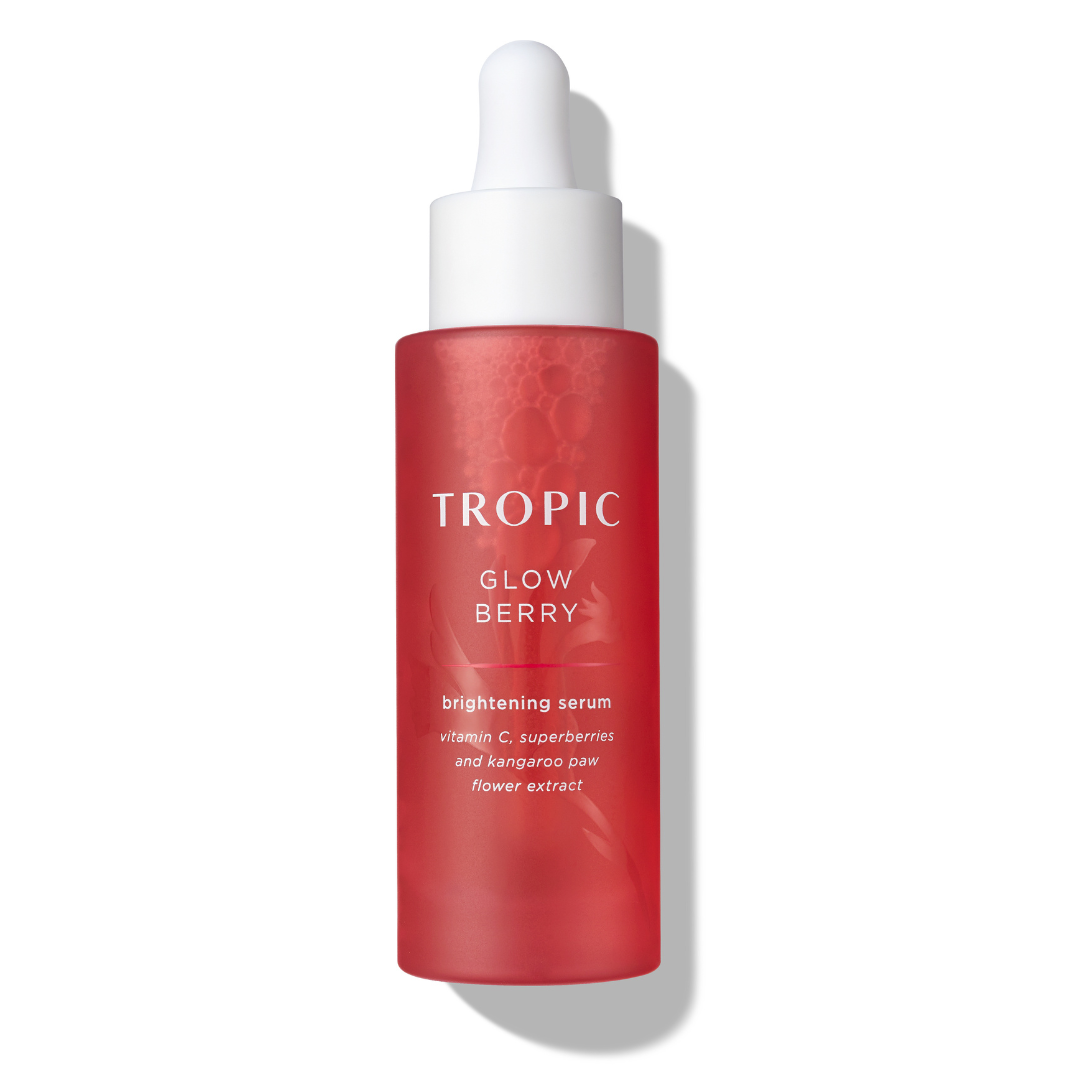In The Loop: The growing concern over 'Forever Chemicals' in beauty products
We explore forever chemicals, also referred to as PFAS, and the potential dangers they present to both human health and the environment
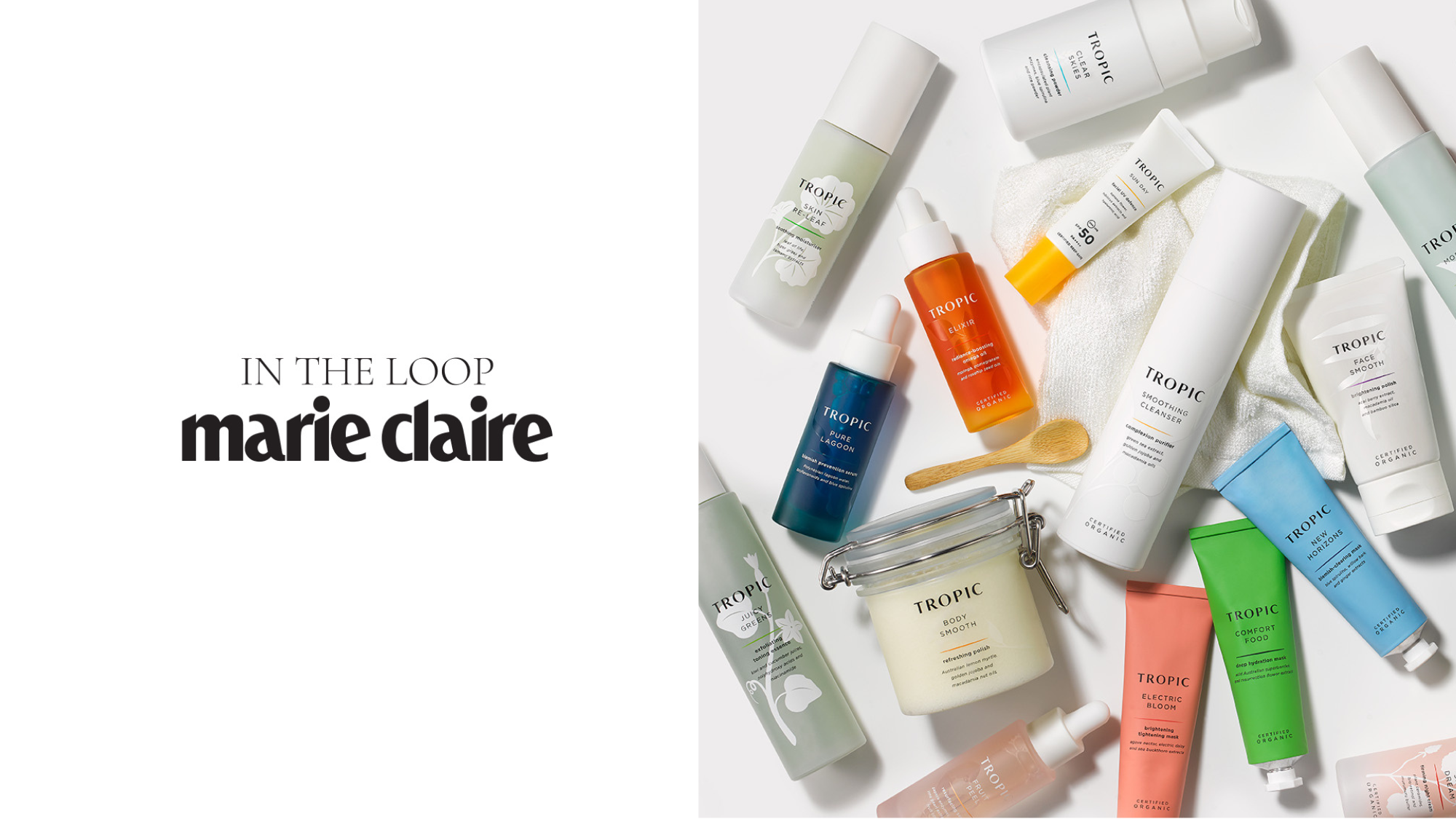

As New Zealand joins the ranks of countries banning 'forever chemicals', and the European Chemicals Agency considers similar EU-wide restrictions, Tropic Skincare is leading the charge in questioning their continued use in beauty products, which remain legal in the UK, despite proposals for an EU ban and US legislative efforts.
The brand advocates for skincare that mirrors the quality and care we give our diets. "Just as fresh, balanced meals are vital for our bodies, our skin deserves nothing less," says Susie Ma, CEO of Tropic, who goes on to emphasise, "True beauty doesn't sacrifice health or the planet. Our commitment to excluding forever chemicals underlines our dedication to natural ingredients, despite the extra effort required for their stabilisation." The brand commends New Zealand's stance and urges a global revaluation of chemical use in cosmetics.
Just as fresh, balanced meals are vital for our bodies, our skin deserves nothing less
Susie Ma, CEO of Tropic Skincare
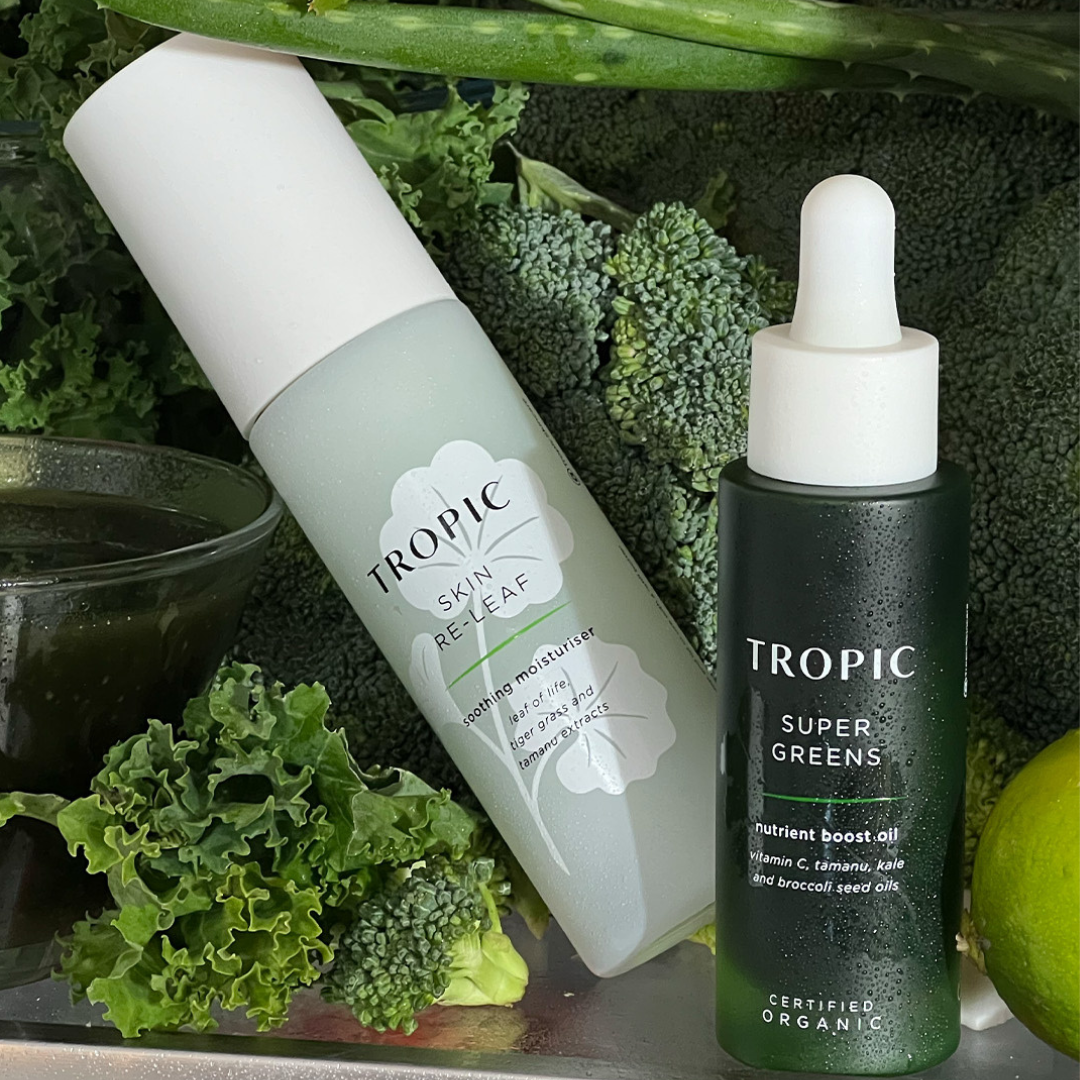
Understanding Forever Chemicals or PFAS
Forever chemicals, or PFAS, are widely used in the beauty industry for their durable properties that smooth skin, enhance makeup longevity, water resistance, and overall performance. These chemicals, however, can pose significant health risks, including cancer and thyroid issues, due to their persistence in the environment and the human body. PFAS do not break down naturally and can take over 1,000 years to degrade, leading to widespread environmental contamination and even accumulation in human blood as they can be absorbed through the skin or ingested when using makeup and personal care products. Given that the average lipstick user might ingest 7lbs of lipstick over their lifetime, the potential for exposure to these 'forever chemicals' is concerning.
Studies have found high levels of PFAS in a variety of skincare and makeup products, including waterproof mascaras, foundations, and liquid lipsticks (because they are resistant to water and oil). With evidence mounting against their safety, many beauty brands are phasing them out.
How to avoid Forever Chemicals?
Tropic is dedicated to demystifying skincare choices, aiming to equip us with the knowledge to select products that resonate with our values. Navigating ingredient lists and the barrage of beauty trends and advice can be overwhelming. To simplify this process, Tropic collaborates with Provenance, an organisation that works with brands to make sustainability information available online, protecting us from greenwashing. This partnership adds a layer of trust, using Proof Points to transparently verify the ethical claims of their products. When browsing the website, it's easy to see the credentials of each item - be it cruelty-free and vegan certifications, sustainable ingredient sourcing, or charity work.
Moreover, their commitment to transparency is further solidified by their facial skincare range achieving COSMOS organic certification. This verification ensures their products not only meet but exceed the stringent standards for natural and organic products set by COSMOS. This rigorous testing and clear communication are key steps in Tropic Skincare's journey towards a transparent and trustworthy future in beauty.
A post shared by Soil Assoc. Beauty & Wellbeing (@soilassociationbeauty)
A photo posted by on
What is the alternative to PFAS?
The norm in the beauty industry has been to rely on synthetic preservatives like parabens for prolonged shelf life. While these preservatives prevent contamination, rising concerns about the cumulative effects of paraben exposure are leading beauty brands to natural alternatives.
“At Tropic, we opt for natural plant preservatives, giving our products a fresher lifespan of 12-18 months. This ensures they don't linger in storage but arrive fresh to your home, preserving the natural vibrancy and benefits of our sustainably sourced ingredients,” says Ma.
Every day, their Surrey Beauty Kitchen buzzes with activity, crafting formulas rich in nutrients to nourish your skin. By making their products fresh in small batches, they capture the full antioxidant power of tropical plant botanicals, renowned for their nutrient density due to their equatorial origins. These ingredients, ethically sourced from the most fertile regions, ensure their products are as potent as they are pure.
“Our commitment to natural preservation not only optimises the antioxidant potency of our botanicals but also celebrates the true colours and textures of nature's bounty,” says Ma.
The brands commitment to efficacy is demonstrated through rigorous independent clinical trials, validating the impressive results of their facial skincare range. With Tropic, you're not just choosing an alternative to PFAS—you're embracing the wholesome goodness of nature, meticulously crafted for your skin's vitality.
At Tropic, we opt for natural plant preservatives, giving our products a fresher lifespan of 12-18 months. This ensures they don't linger in storage but arrive fresh to your home, preserving the natural vibrancy and benefits of our sustainably sourced ingredients
Susie Ma, CEO of Tropic Skincare
Tropic’s commitment to sustainability
Tropic’s commitment to sustainability and wellness is rooted deeply in how they source, create, and give back. From tropical climates, they carefully select the most nutritious ingredients for their formulas, which are not only clinically tested but also certified organic, ensuring there are no toxic chemicals or artificial preservatives. These botanicals thrive in the abundant sunshine, moisture, and rich environment of the equator, resulting in skincare that is as potent as it is luxurious. Their entire range is certified vegan, cruelty-free, and carbon negative, with all packaging designed to be circular and avoid landfill.

The brand's environmental initiatives include cultivating a forest of 7,000 climate-resilient trees in the South Downs and nurturing a coral nursery in the Great Barrier Reef, as well as planting over 500,000 trees worldwide. They are committed to social responsibility, donating 10% of profits to charitable causes, funding education for children in partnership with UWS, building schools in Africa and Asia, supporting UK food banks, and backing The Prince’s Trust Women Supporting Women initiative. Their unique approach also extends to empowering over 20,000 Ambassadors in the UK to build their own beauty businesses while helping others find confidence in their own skin.
A post shared by Tropic: freshly made skincare (@tropicskincare)
A photo posted by on
Here are some of my favourite Tropic products:
Celebrity news, beauty, fashion advice, and fascinating features, delivered straight to your inbox!
Lisa Oxenham is a trailblazing beauty editor, journalist, stylist, and creative director with over 20 years of transformative impact in the beauty industry. As the Beauty and Style Director at Marie Claire UK, she orchestrates high-profile shoots with celebrities and influencers, creating visually stunning and globally resonant content.
A passionate advocate for sustainability, Lisa serves on the Advisory Board for the British Beauty Council's Sustainable Beauty Coalition and the Media Advisory Board. She is also an ambassador for the Soil Association certification and the Amazon Research Institute. Through her "In The Loop" column, she keeps readers informed about the latest advancements in sustainable beauty and supports brands that champion environmental causes, emphasising the need for the beauty industry to reset its priorities.
Lisa's influence extends beyond words; she directs inspiring short films on sustainability and challenges in the beauty industry and is a sought-after public speaker. Recently recognised in the Who’s Who in Natural Beauty 2023, she also champions mental health and eco-conscious practices, demonstrating that glamour and environmental responsibility can coexist beautifully.
-
 “The ‘Jeans and Heels’ Outfit Formula Is Making a Stylish Comeback
“The ‘Jeans and Heels’ Outfit Formula Is Making a Stylish ComebackRihanna is backing the pairing that might have defined your first 'out-out' aesthetic
-
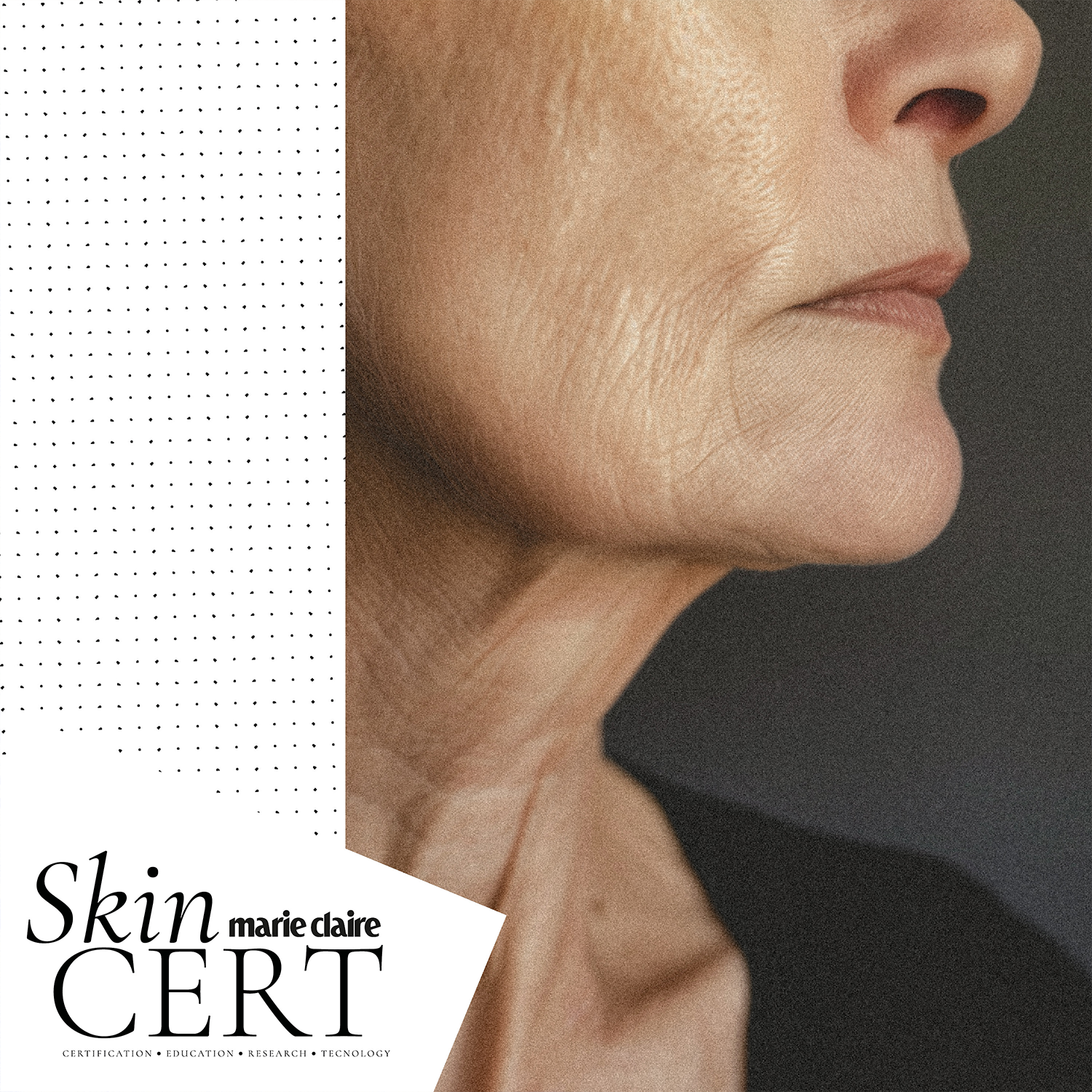 All Eyes on Inflammaging: The New Frontier in Skin Science
All Eyes on Inflammaging: The New Frontier in Skin ScienceHow low-grade inflammation reshapes skin over time
-
 Why Taylor Swift and Travis Kelce Skipped Last Night’s Grammy Awards
Why Taylor Swift and Travis Kelce Skipped Last Night’s Grammy Awards
-
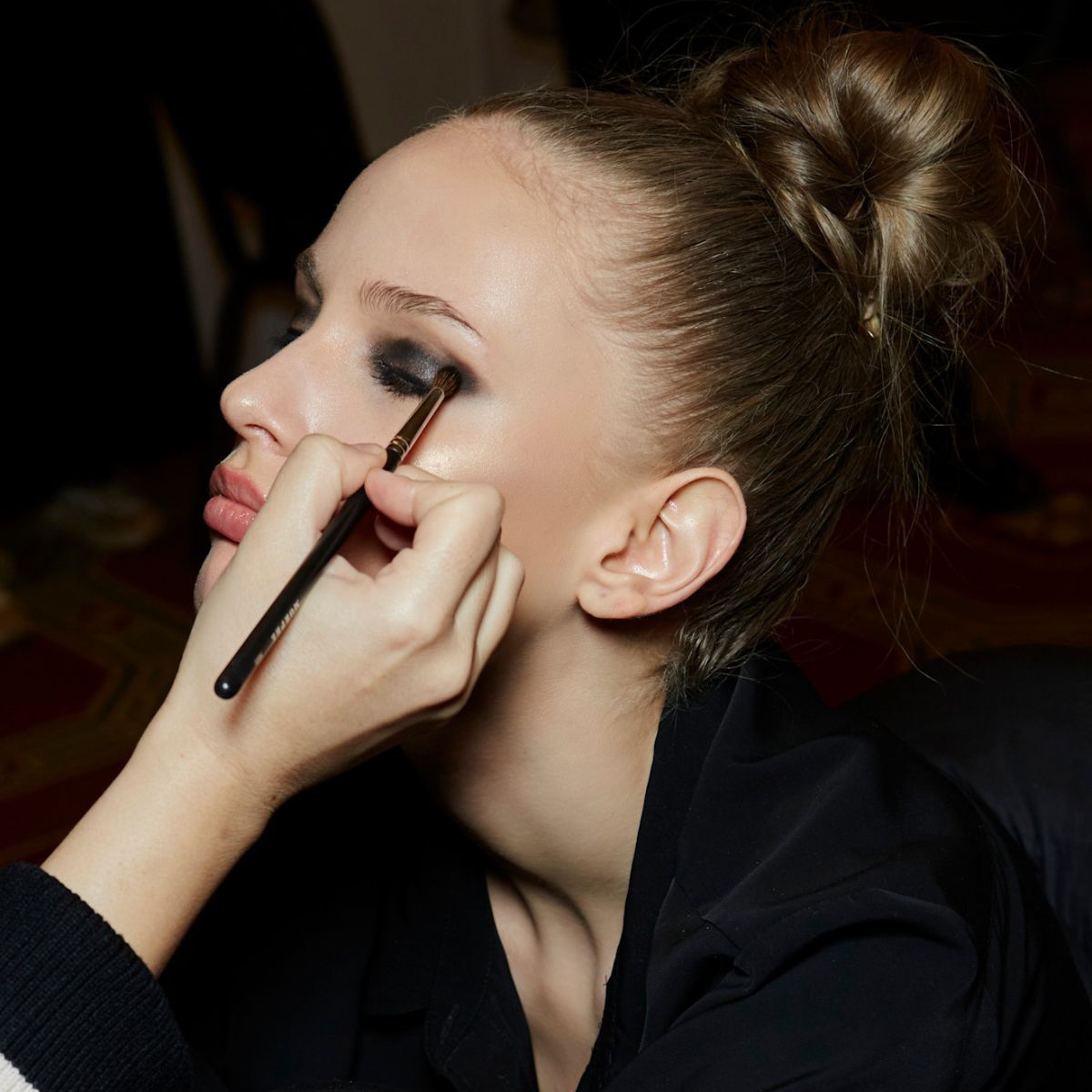 Wearing the Right Makeup for Your Eye Shape Can Be Transformative—a Makeup Artist Explains How to Do It
Wearing the Right Makeup for Your Eye Shape Can Be Transformative—a Makeup Artist Explains How to Do ItJust in time for party season
-
 This New Mascara Has Just Convinced Me to Cancel My Lash Lift—It Curls, Defines and Removes Like a Dream
This New Mascara Has Just Convinced Me to Cancel My Lash Lift—It Curls, Defines and Removes Like a DreamVIEVE has done it again
-
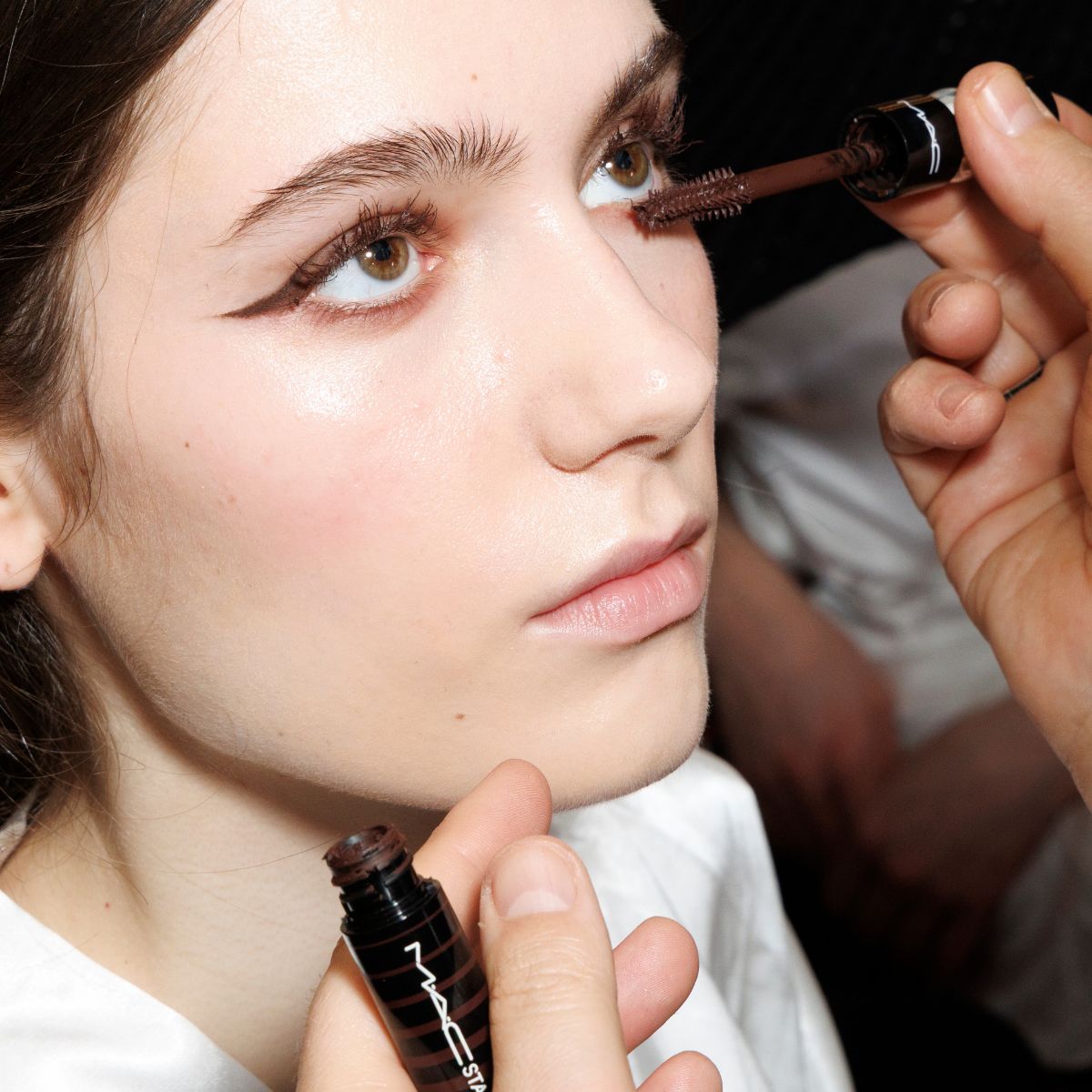 Here’s What an Expert Wants You to Know About Different Mascara Wands, Including the Best Type for Your Lash Goals
Here’s What an Expert Wants You to Know About Different Mascara Wands, Including the Best Type for Your Lash GoalsYour foolproof shopping guide
-
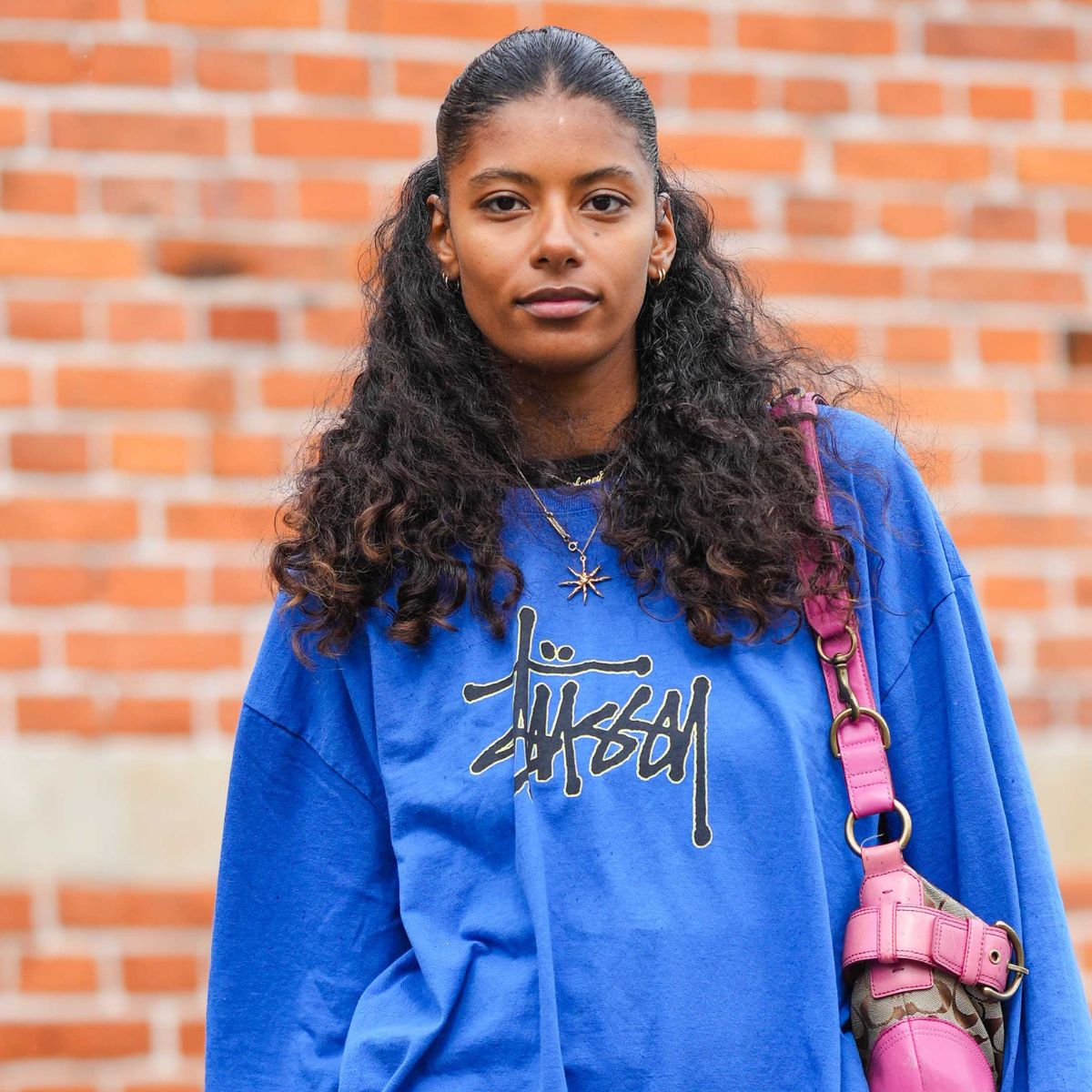 Minimalist Makeup Is Here to Stay, and ‘Ghost Lashes’ Are the Latest Celebrity-Approved Look to Sway Me
Minimalist Makeup Is Here to Stay, and ‘Ghost Lashes’ Are the Latest Celebrity-Approved Look to Sway MeBella Hadid and Hailey Bieber are big fans
-
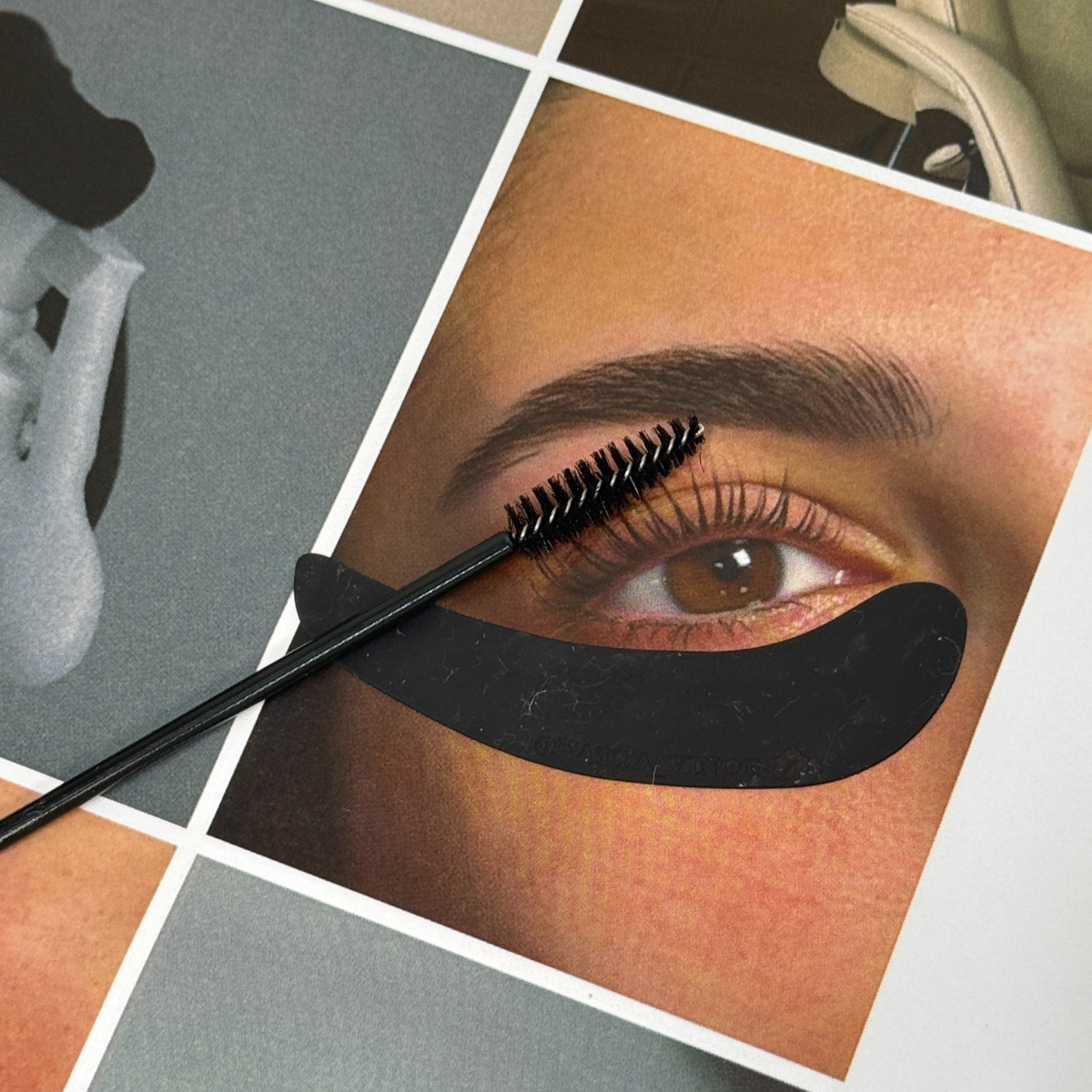 I’ve Always Gotten Compliments on My Lashes—The Secret Is a £10 Mascara, Which I’ve Been Gatekeeping For 15 Years
I’ve Always Gotten Compliments on My Lashes—The Secret Is a £10 Mascara, Which I’ve Been Gatekeeping For 15 YearsIt was one of the first make-up items I bought
-
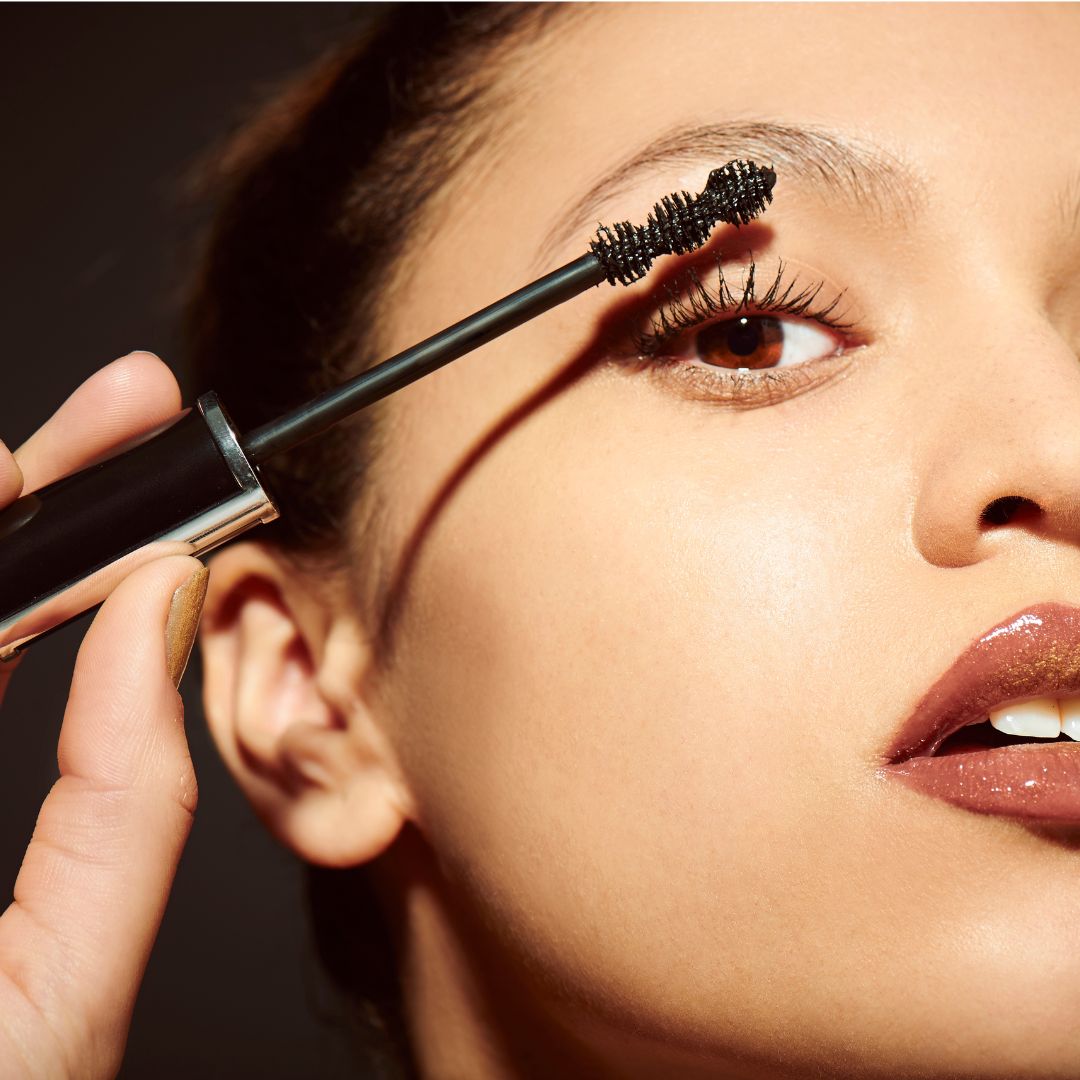 After the perfect wedding mascara? I've tested over a hundred formulas—these are the ones I'd recommend
After the perfect wedding mascara? I've tested over a hundred formulas—these are the ones I'd recommendAll the length, volume and lift you could ask for
-
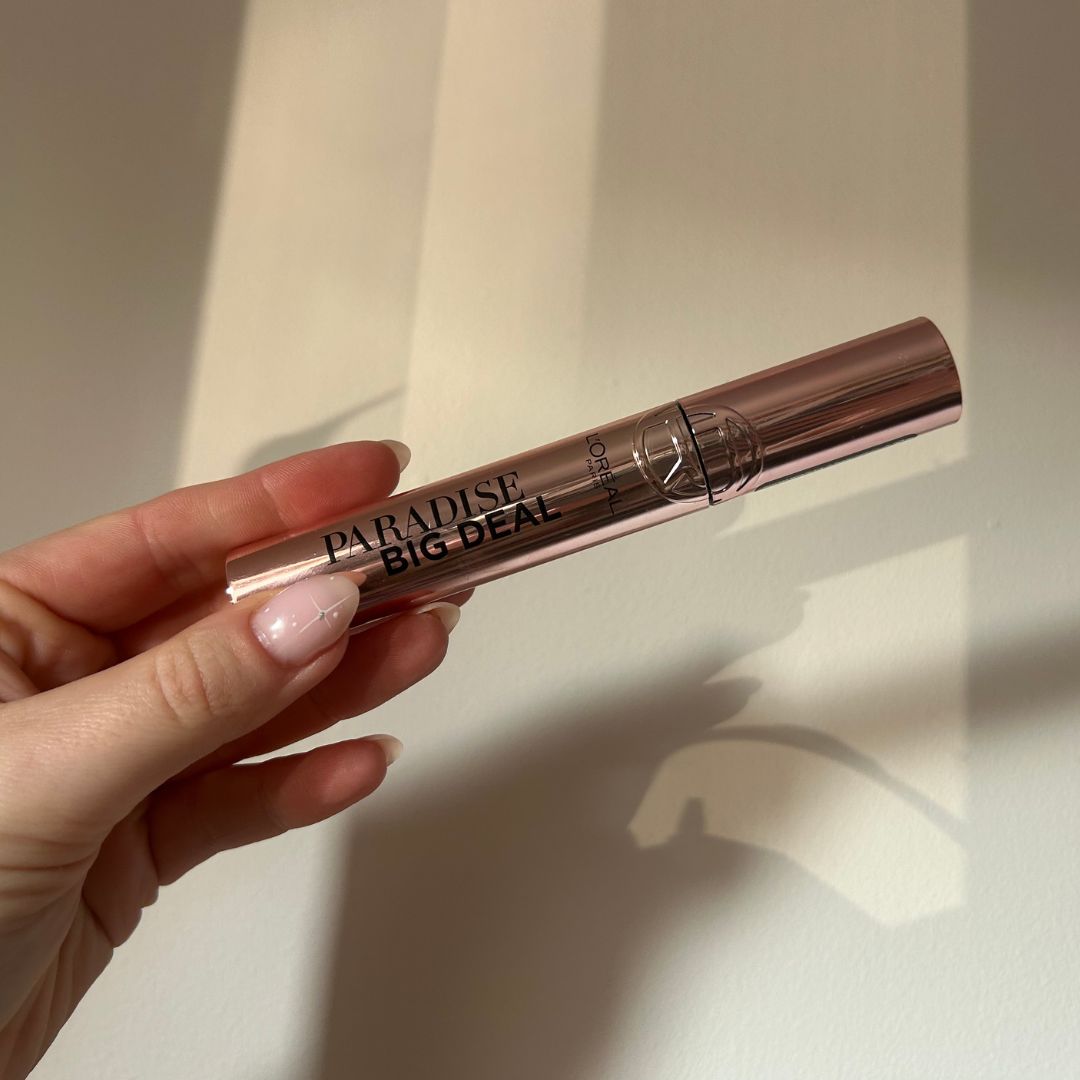 One of favourite mascaras has had an upgrade and for less than £10 it gives you the most beautiful natural-looking flutter
One of favourite mascaras has had an upgrade and for less than £10 it gives you the most beautiful natural-looking flutterNatural-looking lashes this way
-
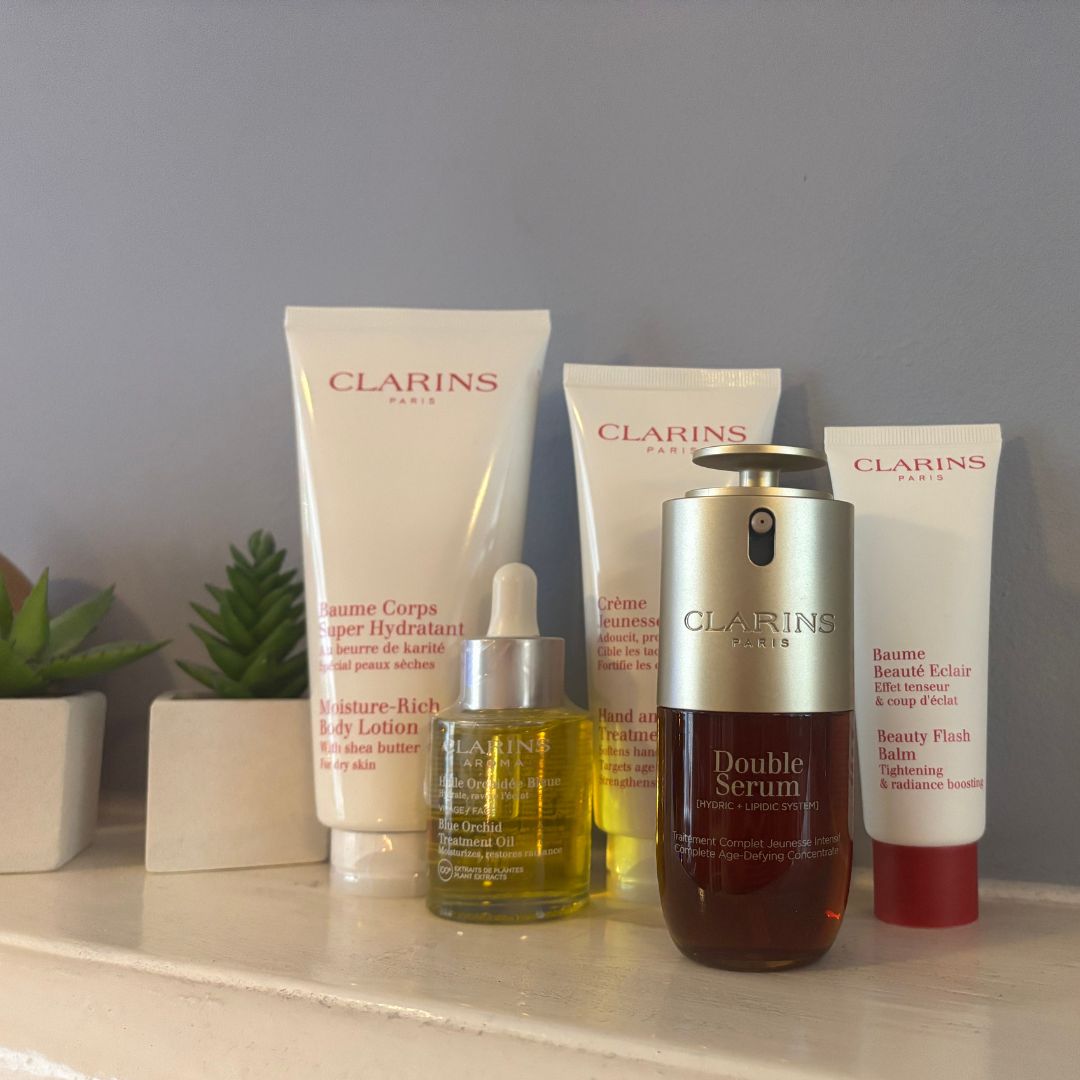 This iconic brand is Europe's most popular premium skincare brand—these 9 products prove why
This iconic brand is Europe's most popular premium skincare brand—these 9 products prove whyMy best buys
